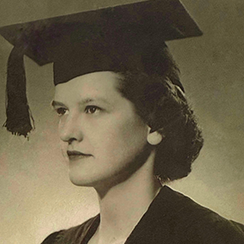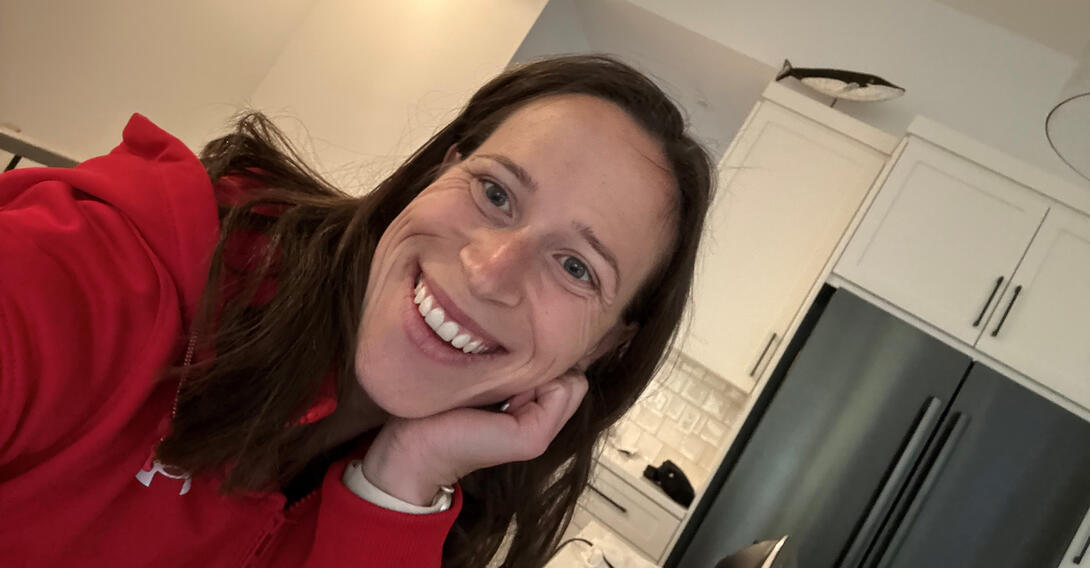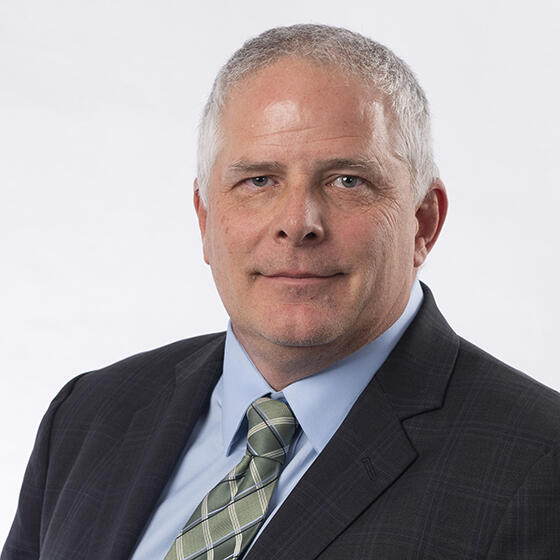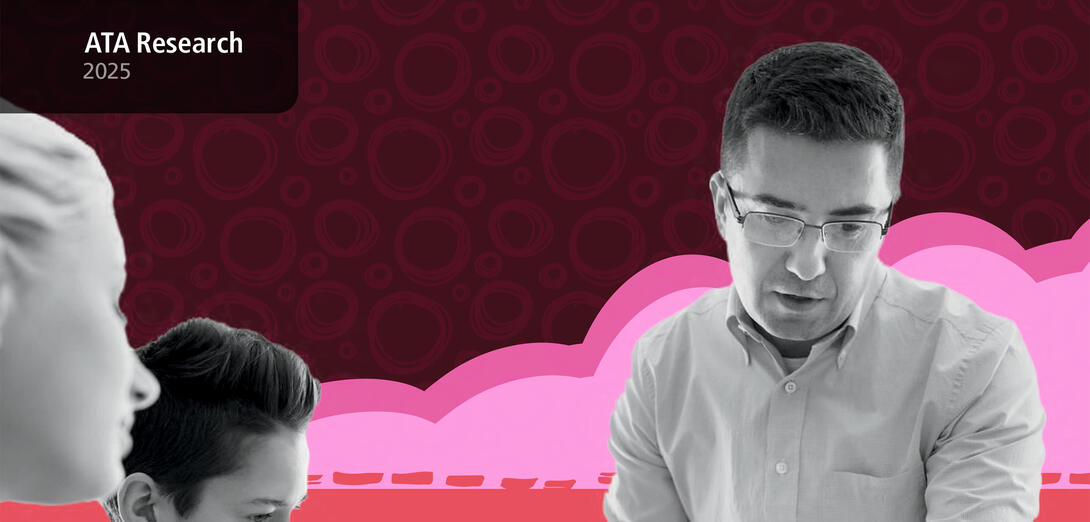In 1950, a young woman from the ranching country of Pincher Creek packed her suitcase and journeyed north to Edmonton. She was determined to become one of Alberta’s first four-year, university-educated teachers. That woman is my mother, Audrey McRae. Now 93—sharp, spirited and full of life—she remains one of only a few Albertans who earned that first full bachelor of education (BEd) degree from the University of Alberta. She believed teaching was not a pastime or a convenience but a profession worthy of deep study and lifelong commitment. Decades later, I continued the journey she began, earning a PhD from the same faculty, teaching in the Master of Education program and serving as an adjunct professor.
Before I tell her story, let me be unequivocal: reducing the academic, practicum and professional standards for teacher certification in Alberta, as outlined in the minister of education’s recent mandate letter from Premier Danielle Smith, diminishes the dignity of the profession and betrays the spirit of those pioneering Albertans who built this province by striving for more, not settling for less. It disregards generations of teachers who sacrificed, along with their families, to earn their degrees and uphold the profession with a body of knowledge that has advanced each new generation of students with intellect, conscience and care.
When I asked my mom what it meant to pursue a university degree in education in the early 1950s, she spoke of a transitional time following World War II. It was soon after Alberta’s normal schools had closed their brief training programs of limited depth, and right before anyone had yet set out on the new path toward a four-year BEd.
“Money was short for everyone,” she told me, “but my parents always stressed how important it would be to have the benefits of a university degree.” That conviction carried her through long nights of study far from home, with the weight of expectation on her shoulders. She was the first person from Pincher Creek to earn a BEd. Others soon followed, with her courage laying a path for them.
For my mother, a four-year degree meant that she was making teaching a career of importance. She told me, “It was not a moment’s-passing-by kind of job. Sure as heck not very many of us in Alberta then were going to leave our communities to get a four-year degree, but many came along quickly after me because they could see it had real value ... it gave us much deeper knowledge and the confidence that we were entering a true profession, one that mattered.”
With that sense of purpose, my mother became a high school English teacher at Matthew Halton Community School and, in doing so, taught the Right Honourable Beverley McLachlin—later Chief Justice of Canada—the first woman to hold that position and the longest serving in our nation’s history. That quiet fact alone reflects how Alberta’s teachers shape lives not only in their communities but across Canada and the world.
When I hear proposals to reduce certification requirements for teachers, I think of my mom and of the thousands who worked and struggled to earn their degrees. To lower qualifications not only diminishes what it means to be a certificated teacher but also disregards the foundation upon which our public education system rests. It sends a message that preparation, practicums, reflection and scholarship are secondary to shortcuts and expediency.
Teaching is complex, intellectual work that demands professional judgment, ethical discernment and the ability to respond to the evolving needs of students and society. These capacities are cultivated through rigorous preparation in education degree programs and strengthened through practicum experiences that merge theory and practice. This foundation is anchored in Alberta’s Teaching Quality Standard. To erode standards built over generations would compromise both the public’s trust in our schools and the pride teachers take in their vocation.
My mother’s generation understood that education was both a privilege and a duty. They fought to raise standards and move teacher preparation into universities. After retiring, she became a senator at the University of Lethbridge and devoted her time to supporting literacy projects in her community. She has never stopped believing that knowledge could lift lives, just as it had lifted her own.
I stand today proud to be part of a legacy of Alberta teachers who have made (and continue to make) the province stronger through a shared commitment to high entry standards and lifelong learning. We must honour their legacy, not by lowering the bar for certification, but by raising our respect for what it means to be a certificated teacher in Alberta.
To become a teacher in our province is to accept a profound responsibility and become part of public assurance in our education system. It must remain a profession of learning, leadership and service. It has never been one of convenience.
Phil McRae, PhD, is the associate coordinator of research at the Alberta Teachers’ Association and adjunct professor at the University of Alberta.
Audrey McRae is a retired teacher and teacher–librarian, who began her journey in Alberta’s public schools more than three-quarters of a century ago.


ATA Associate coordinator of research


